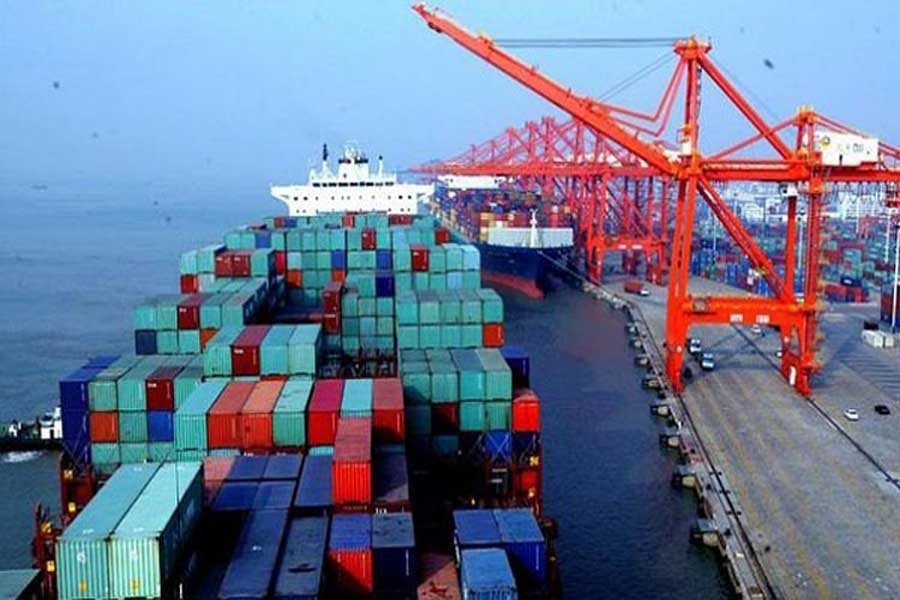Trade bodies and apparel makers have opposed the mandatory use of electronic seal and lock services on the transportation of goods in
The Federation of Bangladesh Chambers of Commerce and Industry (FBCCI) and the Bangladesh Garment Manufacturers and Exporters Association (BGMEA), in two separate letters on Sunday, demanded the abolition of the Electronic Seal and Lock Rules-2017 issued by the National board of Revenue (NBR).
The FBCCI said the Bangladesh Knitwear Manufacturers and Exporters Association (BKMEA), the Bangladesh Textiles Mills Association (BTMA), the Chittagong Chamber of Commerce and Industry (CCCI),
The rules are scheduled to come into force from
The NBR had planned to introduce the system Wednesday, but it has been deferred due to some official reasons.
Exporters and importers have to pay Tk 600 per 48 hours for using the electronic lock and seal in each container, trucks or covered van for both-way transportation of goods from and to the
The NBR made the system mandatory to stem theft of products at the time of transportation of export-import goods from and to
After the introduction of the system, all export and import products through the
On
The NBR also enlisted Alif Corporation, a US-based company, for providing the services.
The FBCCI and the BGMEA found no justification for imposing additional charges on the exporters and importers.
In the letter, BGMEA president Siddiqur Rahman said there was no such incidence of theft of products or duty evasion in between
"It is not clear why the authority is introducing such a time-consuming system that would cause unnecessary expenditure," he wrote.
Earlier, the BGMEA, FBCCI, in several meetings with NBR, had opposed the introduction of the system.
Talking to the FE on Tuesday, commissioner of Chittagong Custom House Nuruzzaman admitted that the incidence of theft of products is insignificant while transporting goods between the port and private ICDs as reported by the port authority.
He, however, said that the customs house is bound to implement the government's decision.
FBCCI acting secretary general Hossain Jamil, in the letter, said export import trade had been facing challenges in the competitive market.
The escalation in transportation cost and power tariff are also causing the difficulties for the traders, he wrote.
"The mandatory imposition of electronic lock and seal would escalate the cost of doing business," he said.
The exporters and importers are using different low-cost technology to track goods-laden trucks or containers, he wrote.
"The additional cost for the service would push up the production cost and inflation will increase accordingly," he added. "It is not acceptable to introduce the mandatory system ignoring the opinions of the private sector stakeholders."


